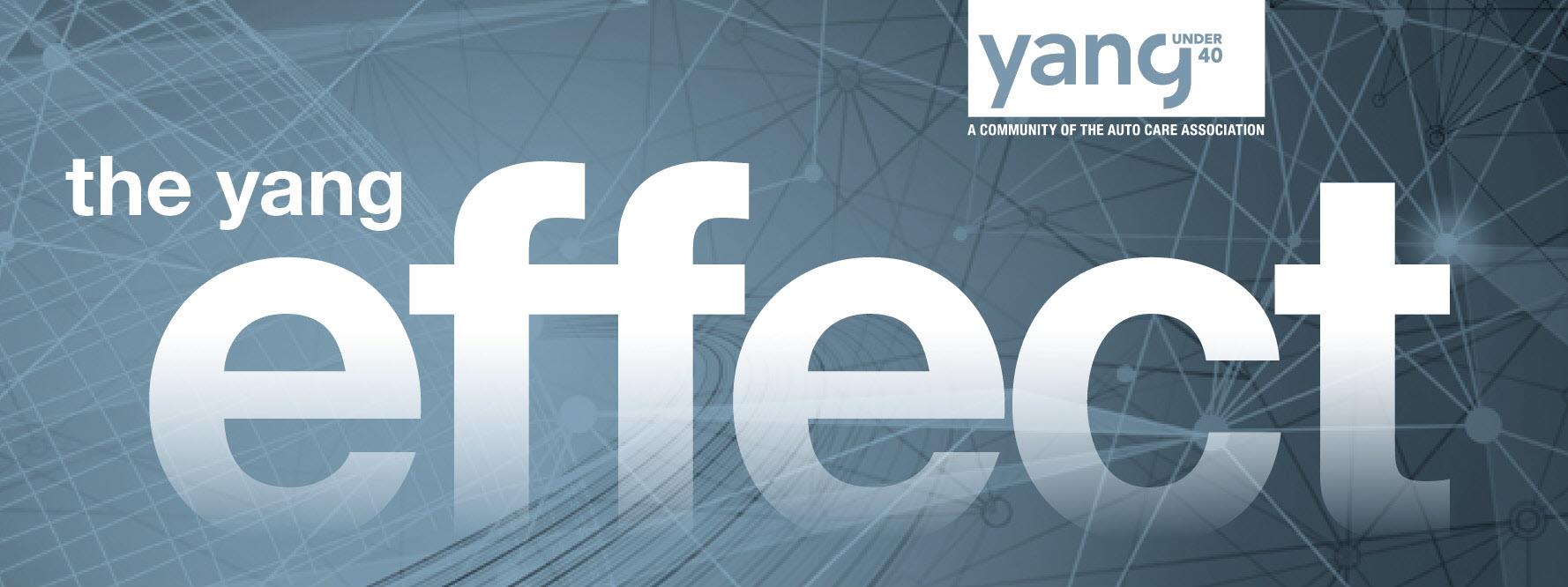
September 27, 2024
Closing the De Minimis Loophole: New Actions to Curb Duty-Free Imports and Protect U.S. Interests
On Sept. 13, the Biden Administration announced that it would issue new rule-making notices to address imports from de minimis entry, which allows products worth less than $800 to enter the U.S. duty and tax free and with little scrutiny.
According to the announcement, the volume of shipments entering the United States claiming the de minimis exemption has increased significantly over the past ten years, from approximately 140 million a year to over one billion a year. Critics of the de minimis exemption regard it as a loophole that makes it increasingly difficult to enforce trade laws, health and safety standards.
The majority of shipments entering under de minimis exemption originate from Chinese e-commerce platforms that utilize this rule to ship products from overseas directly to consumer and has resulted in huge volumes of low-value products such as textiles and apparel.
Key actions include:
Administration Action Intended to Reduce De Minimis Import Volumes
The rule would exclude de minimis exemption for all shipments containing products covered by tariffs imposed under Section 201, 301 or 232.
Administration Action to Protect U.S. Consumers, Workers, and Businesses
The rule would require specific, additional data for de minimis shipments, including the 10-digit tariff classification number and identity of the person claiming the de minimis exemption to improve targeting of de minimis shipments and facilitate expedited clearance of lawful de minimis shipments.
Prevent De Minimis Shipments from Circumventing Safety Standards
Consumer Product Safety Commission (CPSC) intends to propose a new rule that would require importers of consumer products to file Certificates of Compliance (CoC) at the time of entry, including for de minimis shipments. The regulations would strengthen U.S. Customs Border and Protection (CBP) and Consumer Product Safety Commission (CPSC) the ability to target and block unsafe products from entering the U.S. market and prevent circumventing consumer protection testing and certification requirements.
The announcement also calls on Congress for comprehensive legislative reform of the de minimis exemption to further protect American consumers, workers and businesses.
According to the announcement, the volume of shipments entering the United States claiming the de minimis exemption has increased significantly over the past ten years, from approximately 140 million a year to over one billion a year. Critics of the de minimis exemption regard it as a loophole that makes it increasingly difficult to enforce trade laws, health and safety standards.
The majority of shipments entering under de minimis exemption originate from Chinese e-commerce platforms that utilize this rule to ship products from overseas directly to consumer and has resulted in huge volumes of low-value products such as textiles and apparel.
Key actions include:
Administration Action Intended to Reduce De Minimis Import Volumes
The rule would exclude de minimis exemption for all shipments containing products covered by tariffs imposed under Section 201, 301 or 232.
Administration Action to Protect U.S. Consumers, Workers, and Businesses
The rule would require specific, additional data for de minimis shipments, including the 10-digit tariff classification number and identity of the person claiming the de minimis exemption to improve targeting of de minimis shipments and facilitate expedited clearance of lawful de minimis shipments.
Prevent De Minimis Shipments from Circumventing Safety Standards
Consumer Product Safety Commission (CPSC) intends to propose a new rule that would require importers of consumer products to file Certificates of Compliance (CoC) at the time of entry, including for de minimis shipments. The regulations would strengthen U.S. Customs Border and Protection (CBP) and Consumer Product Safety Commission (CPSC) the ability to target and block unsafe products from entering the U.S. market and prevent circumventing consumer protection testing and certification requirements.
The announcement also calls on Congress for comprehensive legislative reform of the de minimis exemption to further protect American consumers, workers and businesses.

Welcome to the new YANG Effect! Your one-stop quarterly newsletter for all things Automotive Aftermarket contributed to and written by under-40 industry professionals.
More posts

Market Insights with Mike is a series presented by the Auto Care Association's Director of Market Intelligence, Mike Chung, that is dedicated to analyzing market-influencing trends as they happen and their potential effects on your business and the auto care industry.
More posts
Subscribe to updates
